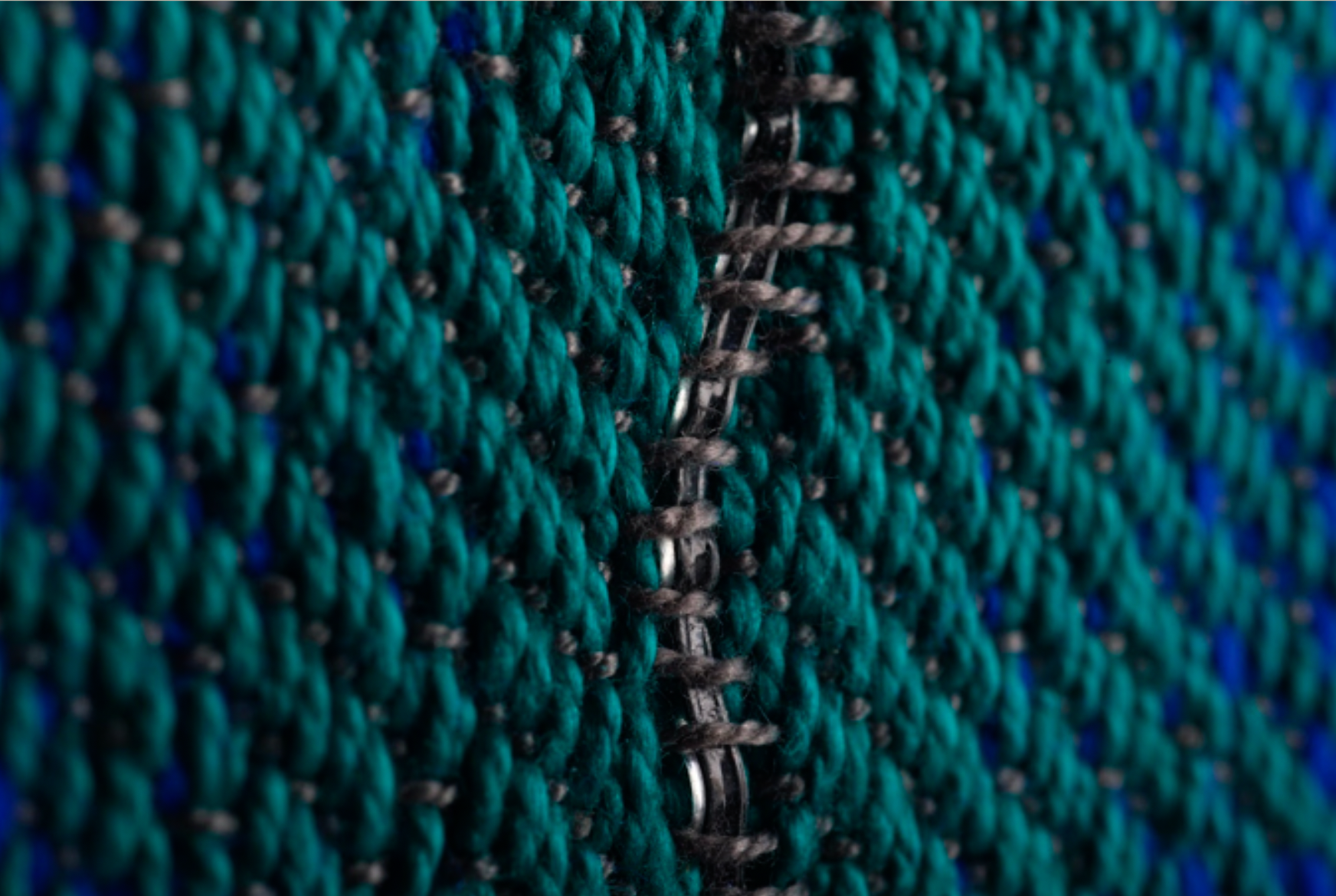Scientists have created a fabric that can literally 'hear' your heartbeat
Just when you thought you had the last base covered with your Fitbit or Apple Watch, arrived a new technology that might even rule out that extra accessory.
Granted that engineers never run out of ways to collect additional data, but, hear us out - scientists have created a new fabric that doubles as a microphone + speaker and it is equipped to pick up sounds as faint as your heartbeat.
The study has been published in the journal Nature.
Created by a collaboration of researchers at Massachusetts Institute of Technology (MIT)
and Rhode Island School of Design (RISD), the fabric converts sound
into mechanical vibrations analogous to the way a microphone functions
and subsequently converts these vibrations into electrical signals much
the same as our ears.
The
team was inspired by the human eardrum to create a soft, sensitive and
durable fabric ‘ear’ that can detect sound. “It turns out that this
eardrum is made of fibers,” says Yoel Fink, a materials scientist at
MIT.
The
‘piezoelectric’ material of the fibre that makes the fabric, produces
an electric signal when bent. This enables the fabric to create electric
signals from sounds.
Lead
author of the study, MIT’s Wei Yan said in a statement, “This fabric
can imperceptibly interface with the human skin, enabling wearers to
monitor their heart and respiratory condition in a comfortable,
continuous, real-time, and long-term manner.”
All
fabrics vibrate when exposed to audible sounds similar to our outer
ear. However, these vibrations are too small to be sensed - we’re
talking on the scale of nanometres.
The
fibre scientists created is sensitive to an audible range from a quiet
library to heavy traffic. When woven into a fabric, it can pick up
handclaps and significantly fainter sounds like heartbeat.
The
applications go beyond cardiac monitoring as the fibre can act as a
hearing aid for people with hearing loss. This is because it is
sensitive enough to sense the direction from which a sound came.
Better
still, “It can be integrated with spacecraft skin to listen to
(accumulating) space dust, or embedded into buildings to detect cracks
or strains,' says Yan.
“It can even be woven into a smart net to monitor fish in the ocean. The fibre is opening widespread opportunities.”
